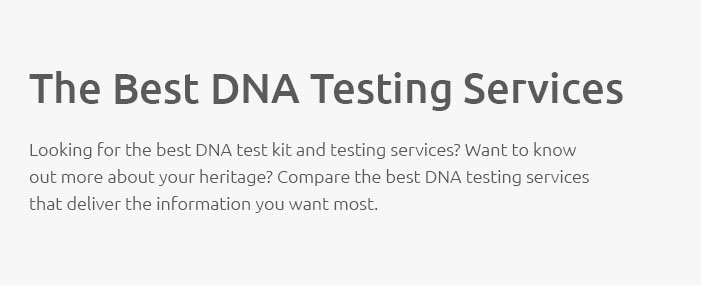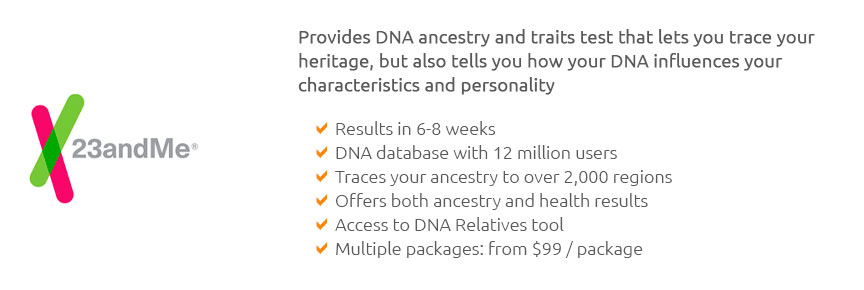 |
 |
 |
|---|
 |
 |
|---|
 |
|
|---|---|
 |
 |
 |
 |
 |
 |
 |
 |
 |
 |
 |
 |
 |
 |
 |
 |
|---|
The Intricacies and Impact of DNA TestingThe realm of genetic testing, particularly DNA testing, has evolved into a cornerstone of modern science, boasting a myriad of applications that extend from the forensic laboratories to the cozy settings of our homes. This fascinating journey of understanding our genetic blueprint has not only revolutionized the field of medicine but also redefined our perceptions of identity and ancestry. At its core, DNA testing involves analyzing the unique sequences in our genetic code, which serve as the ultimate biological fingerprint. These tests, often marketed for their simplicity and insightful results, have garnered both enthusiasm and skepticism. In the medical sphere, DNA tests are invaluable tools that aid in diagnosing genetic disorders, tailoring personalized medicine, and even in predicting potential health risks. For instance, by identifying mutations in genes such as BRCA1 and BRCA2, individuals can gauge their risk for breast and ovarian cancers, allowing for proactive healthcare decisions. Moreover, the burgeoning field of pharmacogenomics promises to enhance drug efficacy and safety by aligning treatments with individual genetic profiles. However, the utility of DNA testing extends beyond health; it is a beacon of curiosity for those eager to explore their lineage. Genealogy tests have become immensely popular, offering individuals the opportunity to trace their ancestry and uncover long-lost familial connections. Companies like AncestryDNA and 23andMe have capitalized on this thirst for self-discovery, providing detailed reports that delve into ethnic backgrounds and even connect users with distant relatives. Yet, while the appeal of uncovering one's ancestral roots is undeniable, it is not without its caveats. Privacy concerns loom large as these tests involve the collection and storage of sensitive genetic information. Critics argue that without stringent regulations, this data could be misused or fall into the wrong hands, raising ethical questions about consent and data protection. Furthermore, the accuracy and interpretation of these tests can sometimes lead to confusion or misrepresentation. The complex nature of genetics means that results are often probabilistic rather than deterministic, leading to potential misunderstandings about what these tests can truly reveal. It is crucial for consumers to approach DNA testing with a critical eye, understanding that while these tests can provide valuable insights, they are not infallible or exhaustive. In addition, cultural and societal implications of DNA testing cannot be overlooked. The revelation of unexpected familial ties or ethnic backgrounds can impact personal identity and family dynamics, sometimes leading to emotional or psychological distress.
Ultimately, DNA testing stands as a testament to the strides made in scientific research, offering a powerful tool for discovery and understanding. As we continue to unravel the complexities of the human genome, it is our responsibility to navigate this terrain with caution, respect, and an open mind, ensuring that the legacy of this technology is one that enriches rather than divides. https://www.23andme.com/?srsltid=AfmBOor8Em99rHQ93WAaMqTueEGfbaVyi6P5JbDMm98KN7yTXoYS5V49
23andMe offers DNA testing with the most comprehensive ancestry breakdown, personalized health insights and more. https://www.ancestry.com/dna/
AncestryDNA is the newest DNA test which helps you find genetic relatives and expand your genealogy research. Order your DNA test kit today. https://www.crigenetics.com/?srsltid=AfmBOopjearJ_psxbOErKuUX1RWwDq4PNsyC-_4soFU70fA8-TlbAvxJ
This breakthrough tool will confirm some family stories while also helping you make sense of surprises and mysteries.
|
|---|